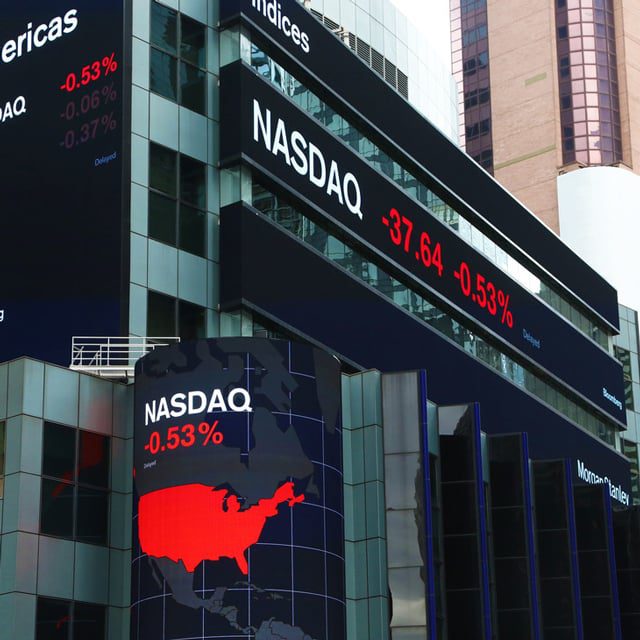Abacus Life Gets Onto Nasdaq

What You Need to Know
East Resources shareholders approved the SPAC at the end of June.
The combined company will be known as Abacus Life, and its shares will trade under the symbol ABL.
The Nasdaq listing will help Abacus Life tell your clients that they can get cash for their unwanted life insurance policies.
Abacus Life Settlements and an affiliate, Longevity Market Assets, are now using the Nasdaq Capital Market to promote the idea that your clients can get cash for their in-force life insurance policies.
The Orlando, Florida-based life settlement firm today moved onto Nasdaq by completing a previously announced $618 million merger with East Resources Acquisition Company, a Boca Raton, Florida-based special purpose acquisition company, or SPAC.
The stock of the combined company, which will be called Abacus Life, is still trading on Nasdaq under East Resources’ ERES stock symbol. On Wednesday, the company’s common stock will begin trading under the symbol ABL.
A SPAC is a public company that exists to help other companies get stock exchange listings. East Resources was controlled by Terry Pegula, the owner of the Buffalo Bills football team. ERES shareholders voted to approve the deal last week.
What It Means
Abacus Life now has more capital that it can use to buy your clients’ unwanted life insurance policies, and it has more money it can use to tell you, your clients and your competitors that investors are hungry for policies.
The Nasdaq listing itself could give Abacus Life a better chance to get CEO Jay Jackson and other executives, such as Bill McCauley, the chief financial officer, onto TV shows, radio shows and podcasts aimed at investors.
Abacus Life
Abacus Life Settlements was founded in 2004, and it started the Longevity Market Assets life settlement asset management affiliate in 2017.
Abacus Life Settlements lost $52,495 in 2022 on $22 million in revenue, and Longevity Market Assets earned $32 million that year on $45 million in revenue.




